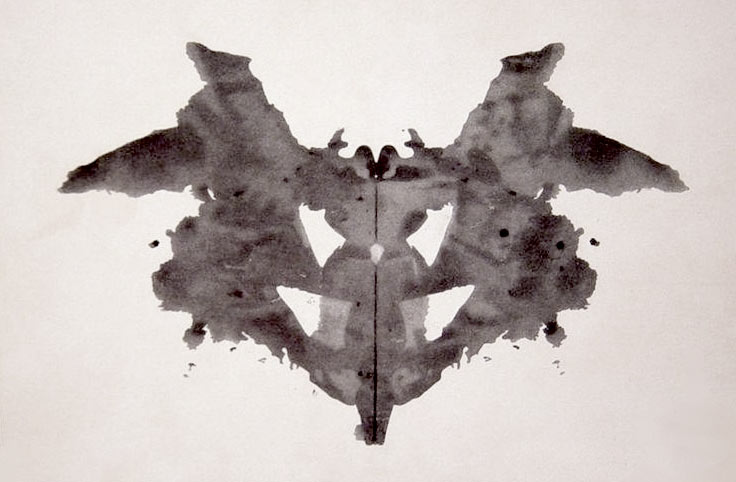
By Thornton May
Futurist, Senior Advisor with GP, Executive Director & Dean - IT Leadership Academy
When Mozart’s Don Giovanni premiered in Prague in 1787, it was viewed as “modern” music. When Don Giovanni played in Toledo, Ohio in 2013, it was considered “classical”. “Modern” is a moving target. As an anthropologist I am trained to observe evolving patterns of word use, abuse and non-use. Most disciplines [e.g., art, literature, theatre, politics, marketing, and finance] extensively and intensively make use of the word “modern”. For the past twelve weeks I have examined how the concept of “modern” as applied to contemporary leaders is evolving.
At a variety of industry gatherings and from several University platforms I have put students and executives through a variety of exercises designed to tease out modern conceptions of how modern executives should be behaving.
I performed multiple aural Rorschach tests asking subjects, “When they hear the word ‘modern’, what is the first word, phrase or image that leaps to mind?” I have asked Millennials, Gen Zers and Baby Boomers to list five things they consider “modern” and five things they consider “not-modern”. In the IT space I have asked CIOs:
What does/What should the “Modern” IT Organization look like?
What elements define the “Modern” CIO?
What differentiates a “Modern” CIO from a “not-Modern” CIO?
Perspective and Sense-Making become critical in the Modern World
In a simpler and a happier time [the early 1920s] Will Durant wrote the runaway best seller The Story of Philosophy: The Lives and Opinions of the Great Philosophers of the Western World. In that time he enumerated several of the conditions which define the modern world as we now know it.
A] There is too much to know
Human knowledge had become unmanageably vast; every science had begotten a dozen more, each subtler than the rest; the telescope revealed stars and systems beyond the mind of man to number or to name; geology spoke in terms of millions of years, where men before had thought in terms of thousands; physics found a universe in the atom and biology found a microcosm in the cell; physiology discovered inexhaustible mystery in every organ, and psychology in every dream.
B] Specialists [experts who knew “more and more about less and less”] emerge to deal with the exponential expansion of knowledge. “The specialist put on blinders in order to shut out from his vision all the world but one little spot, to which he glued his nose. Perspective was lost.”
C] Specialists can only talk to other specialists
[They] developed “a technical terminology intelligible only to its exclusive devotees; as men learned more about the world, they found themselves ever less capable of expressing to their educated fellow-men what it was that they had learned. The gap between life and knowledge grew wider and wider; those who governed could not understand those who thought, and those who wanted to know could not understand those who knew.”
The true role of the modern executive is to make sense of it all. To traverse the various “specialties”, extract what really matters, connect the dots and craft a path forward.
42 Berkeley Square
London W1J 5AW, UK
Phone: 44(0)20.7318.0860
Fax: 44(0)20.7318.0862
info@gustinpartners.com